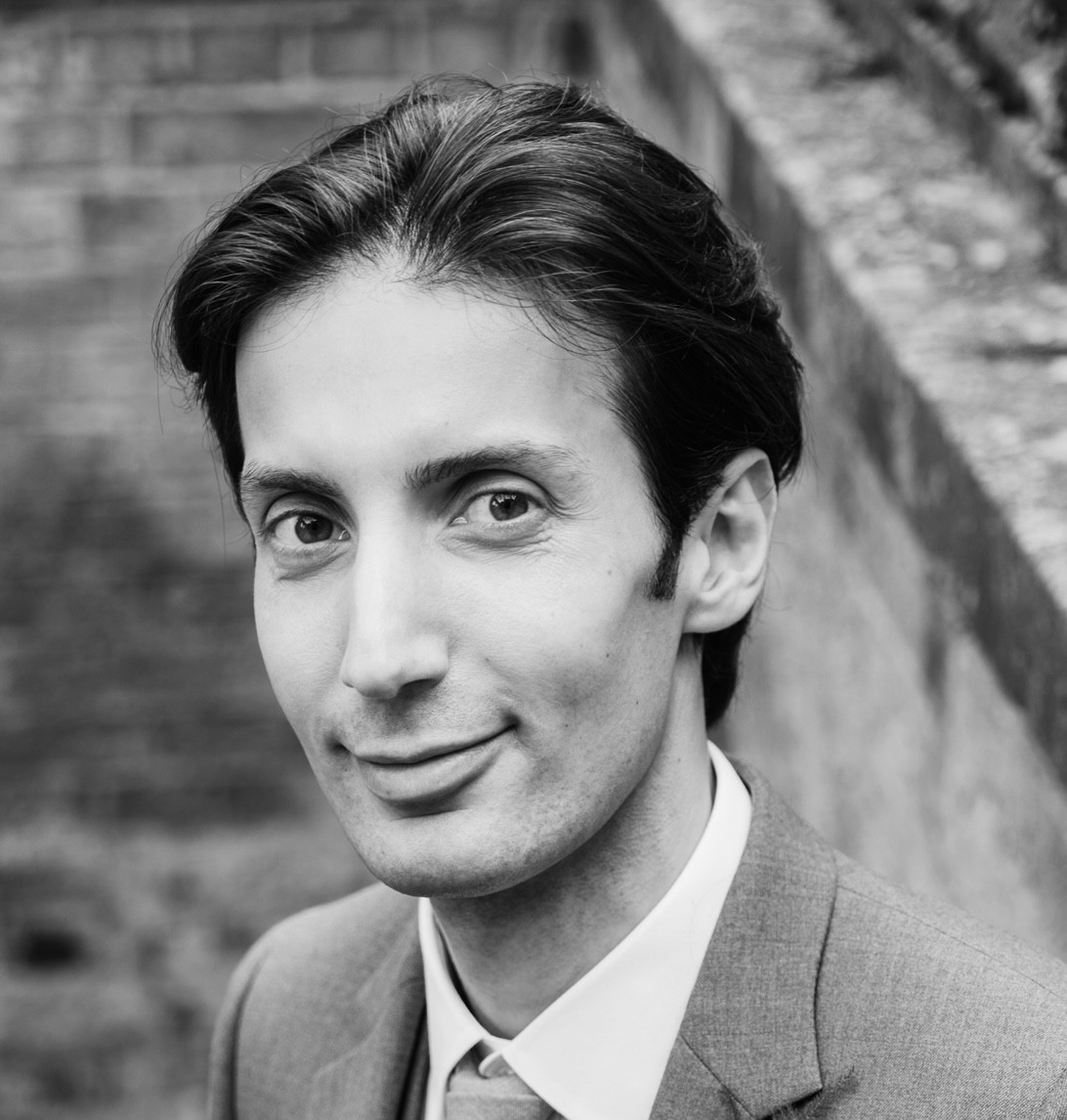Prof. Dr. Denis Burdakov

Prof. Dr. Denis Burdakov
Full Professor at the Department of Health Sciences and Technology
ETH Zürich
Additional information
Denis Burdakov is Full Professor of Neuroscience since 2012, first at King’s College London where he was Chair of Systems Neuroscience, and since 2017 at ETH Zürich.
In 2012-2017, he was also MRC Programme Leader and Senior Group Leader at the Francis Crick Institute, London. In 2006-2012, he completed his tenure-track and was tenured as Associate Professor in Pharmacology at the University of Cambridge. He has been a recipient of awards and grants from the ERC (Starting Grant), HFSP (Young Investigator Award), SNSF, MRC, BBSCR, HHMI, The Royal Society, and Diabetes UK. He was educated at the University of Oxford (BA, MA, DPhil, 1998-2004). He was born in 1979, and grew up in Kyiv, Ukraine, and the UK.
At ETH, he heads the Neurobehavioural Dynamics Lab focussing on basic biomedical discovery relating to information processing and neural dynamics in the mammalian brain, including links to nutrition, arousal, appetite, poorly-understood voluntary acts such as exercise, and common neuropsychiatric and metabolic disorders. While the lab's experiments focus on dynamics and interconnectivity of specific neurons and networks, the pursued questions are broad, often overlapping with engineering (what control algorithms are best for performance in an uncertain world? what are their strengths and weaknesses?) and medicine (how can we target specific brain signals to treat common diseases?). A key focus is on pan-CNS-projecting "brain orchestrator" circuits radiating from the hypothalamus, and postulated to be tunable by our internal state, including the diets we eat. Such neurons - for example orexin/hypocretin neurons - are increasingly implicated in disorders of energy balance, sleep, motor control, mood, and cognition.
SELECTED RECENT PUBLICATIONS:
Tesmer AL, Li X, Bracey E, Schmandt C, Polania R, Peleg-Raibstein D, Burdakov D (2024) Orexin neurons mediate temptation-resistant voluntary exercise. Nature Neuroscience, 27: 1774-1782
Viskaitis P, Tesmer AL, Liu Z, Karnani MM, Arnold M, Donegan D, Bracey E, Grujic N, Patriarchi T, Peleg-Raibstein D, Burdakov D (2024) Orexin neurons track temporal features of glucose in behaving mice. Nature Neuroscience, 27: 1299-1308
Li H-T, Viskaitis P, Bracey E, Peleg-Raibstein D, Burdakov D (2024) Transient targeting of hypothalamic orexin neurons alleviates seizures in a mouse model of epilepsy. Nature Communications, 15: 1249
Grujic N, Tesmer A, Bracey E, Peleg-Raibstein D, Burdakov D (2023) Control and coding of pupil size by hypothalamic orexin neurons, Nature Neuroscience, 26(7):1160-1164.
Li H-T, Donegan D, Peleg-Raibstein D, Burdakov D (2022) Hypothalamic deep brain stimulation as a strategy to manage anxiety disorders. Proceedings of the National Academy of Sciences USA,119(16): 1-9
Viskaitis P, Arnold M, Garau C, Jensen LT, Fugger L, Burdakov D (2022) Ingested non-essential amino acids recruit brain orexin cells to suppress eating in mice. Current Biology,32: 1-10
Concetti C, Peleg-Raibstein D, Burdakov D (2020) Control of fear extinction by hypothalamic MCH neurons. Proceedings of the National Academy of Sciences USA, 117(36): 22514-22521
Karnani M, Schöne C, Bracey E, Gonzalez J, Viskaitis P, Li H-T, Adamantidis A, Burdakov D (2020) Role of spontaneous and sensory orexin neuron dynamics in rapid locomotion initiation. Progress in Neurobiology, 187: 101771
Kosse C, Burdakov D (2019) Natural hypothalamic circuit dynamics underlying object memorization. Nature Communications, 10(1): 2505
Blomeley C, Garau C, Burdakov D (2018) Accumbal D2 cells orchestrate innate risk-avoidance according to orexin signals. Nature Neuroscience, 21(1): 29-32
Kosse C, Schöne C, Bracey E, Burdakov D (2017) Orexin-driven GAD65 network of the lateral hypothalamus sets physical activity in mice. Proceedings of the National Academy of Sciences USA, 114(17): 4525-4530
Gonzalez A, Iordanidou P, Strom M, Adamantidis A, Burdakov D (2016) Awake dynamics and brain-wide inputs of hypothalamic MCH and orexin networks. Nature Communications,7: 11395
Schöne C, Apergis-Schoute J, Sakurai T, Adamantidis A, Burdakov D (2014) Co-released orexin and glutamate evoked non-redundant spike outputs and computations in histamine neurons. Cell Reports, 7: 697-704
Karnani M, Apergis-Schoute J, Adamantidis A, Jensen L, de Lecea L, Fugger L, Burdakov D (2011) Activation of central orexin/hypocretin neurons by dietary amino acids. Neuron, 74(2): 616-629
Course Catalogue
Spring Semester 2025
| Number | Unit |
|---|---|
| 752-6303-00L | Neurobiology of Eating and Drinking |
| 752-6306-00L | Physiology and Anatomy II |